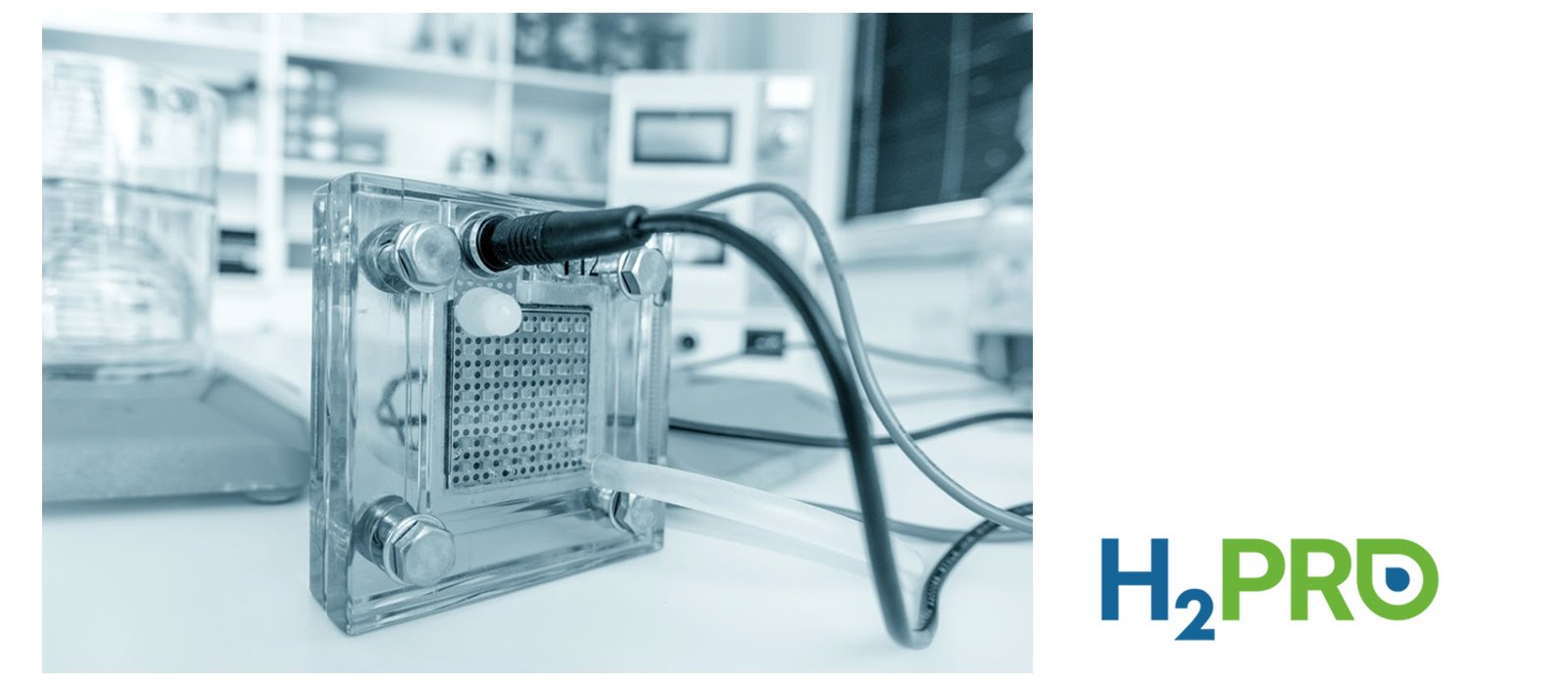Caesarea, Israel-based H2Pro has announced $22 million in funding from Microsoft founder Bill Gates, Hong Kong billionaire Li Ka-shing, Japan’s Sumitomo and Korean auto manufacturer Hyundai.
The funding is slated to take the company’s tech from laboratory prototyping to the factory floor through the production of commercial scale electrolysers.
With governments and industries getting serious about their commitments to curbing greenhouse gas emissions hydrogen is becoming an ever increasingly popular choice. Through usage of renewable electricity, the process of splitting water into usable hydrogen is being seen as a potential carbon-free fuel source that could overtake our current dependency on coal, oil, and natural gas.
“We definitely see a worldwide market for these devices,” said Talmon Marco, H2Pro’s CEO. “When we started the company back in 2019, it was much more difficult to have a conversation with investors about hydrogen. And today it’s like ‘oh, yeah, absolutely. Hydrogen is happening’.”
Thus far, green hydrogen hasn’t been widely adopted, mainly because of the cost of production. So what makes H2Pro different, i.e. cheaper?
The current process of green hydrogen production involves alkaline electrolysers which use electrical energy to both break apart the hydrogen and oxygen atoms and pair two hydrogen atoms and two oxygen atoms, respectively, to form two separate gases.
Where H2Pro differs is that they break this process down into two separate steps. It first creates hydrogen at an electrolyser’s cathode, which in turn causes a change in the composition of its nickel-based anode. Then, instead of using electrical power to separate the hydrogen from the oxygen, H2Pro’s process involves flooding the cell with “a hot liquid”, thus using thermal energy to release the oxygen gas.
Through this process H2Pro is projecting that they’ll be able to produce green hydrogen for $1 a kilogram by the second half of the decade. If achieved, H2Pro is set to beat energy research group BloombergNEF’s projections of a price this low by more than 20 years. Current market value places 1 kilo of green hydrogen between $2.50 and $6.80.
With their laboratory prototyping, H2Pro has been able to produce approximately 100 grams of green hydrogen a day. Bearing in mind, this is a lab prototype. The company is expecting to produce a larger scale model that will be capable of producing 1 kilo a day. And this, dear readers, is normally where cleantech startups stall out.
If all goes according to plan, Marco estimates that H2Pro could have their first factory, built in Israel, up and running and producing hundreds of megawatts of power by 2023.
This isn’t to say that H2Pro have the field to themselves. European and UK based firms including ITM Power, Nel Hydrogen and Green Hydrogen Systems are racing neck and neck to scale up their methods and production capabilities. Likewise Siemens Energy, Thyssenkrupp and Haldor Topsoe all have skin in the game.



Would you like to write the first comment?
Login to post comments